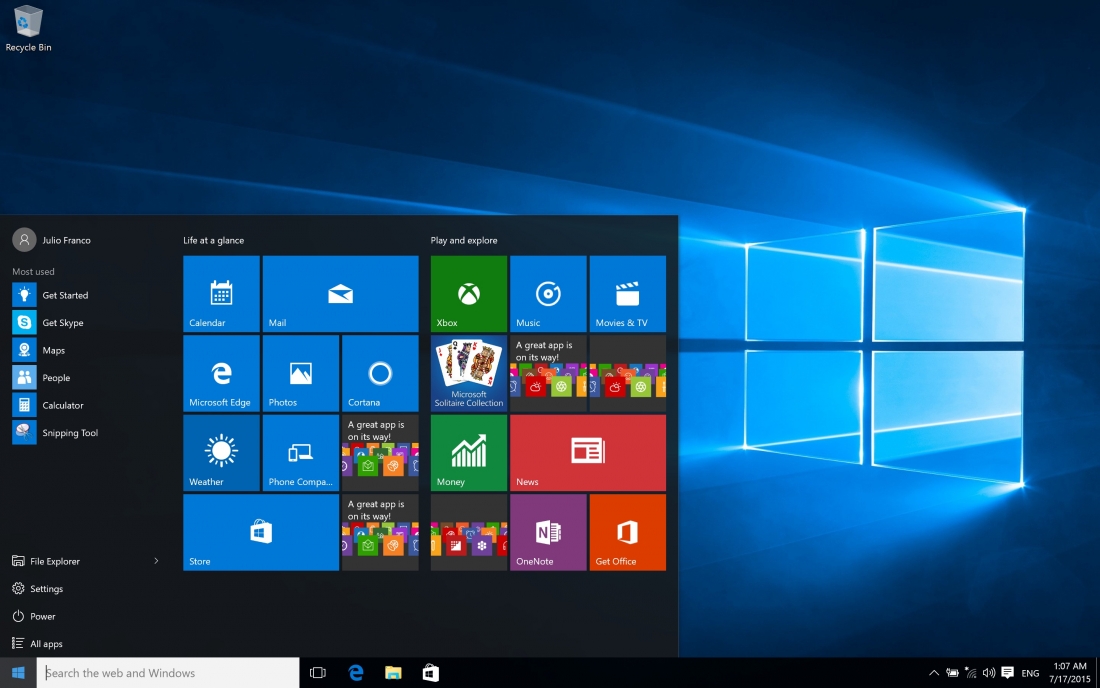
Microsoft has already admitted that it won’t hit its lofty goal of one billion Windows 10 installations within the first three years of launch. Still, the Redmond-based company is off to a great start with its latest operating system.
According to Net Market Share’s desktop operating system figures, Windows 10 has managed to capture 21.13 percent of the global OS market since making its debut in July 2015.
That said, they’re of course skewed by Microsoft’s free upgrade offer but either way, with Windows 10 installations trending upwards and Windows 7 installs on the decline, the two are on an inevitable collision course. When exactly Windows 10 will overtake Windows 7 – which had an install base of 47.01 percent as of last month (down from 60.7 percent in July 2015) – is a bit difficult to pinpoint.

As ZDNet notes, Windows 10 installations could climb a couple more percentage points rather rapidly as the firm’s numbers don’t yet reflect what could be a sizable number of last-minute installations. What’s more, Microsoft has left open a number of loopholes that people can take advantage of to continue to get the free Windows 10 update. Also, if you had previously started the upgrade before the deadline but halted it for whatever reason, you should still be able to move forward with it free of charge.
Perhaps the biggest unknown of all in trying to predict when Windows 10 will overtake Windows 7 has to do with enterprise users. Up to this point, most copies of Windows 10 have been installed on consumer devices as businesses typically wait until an OS has matured before upgrading their fleets.
Microsoft’s recent decision to make Windows 7 updates cumulative in nature, however, is likely to influence enterprise upgrades as well.
Chart courtesy Net Market Share
https://www.techspot.com/news/66069-business-users-decide-when-windows-10-installations-eclipse.html